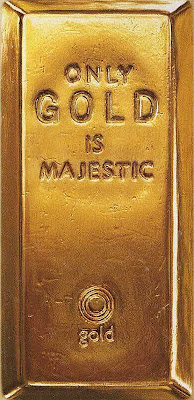I'm interested in all spiritual paths, have studied many, and follow none. But Taoism interests me particularly. Taoism is one of the two great religions that originated in China. The other is Confucianism, and they emerged between 500 and 400 BC. Tao means The Way. The Way is understood to mean the way of nature. Taoists see the cycles and the constant change in the natural world as earthly signs of a universal force. They call this force Tao.
Taoism has no founder, nor does it have a supreme being. The body is seen as a miniature model of the universe, and a healthy body is a necessary step to a lofty spiritual state. The practitioners invented acupressure, acupuncture, and Tai Chi, and are experts in Chinese herbal medicine. In diet, they allow everything but suggest eating, drinking, and living in a balanced, sensible way. Exercise is integral to the practice, and meditation is used to come into relationship with the Tao. The most interesting part to me is the belief in wuwei....non-doing, which is central to Taoism. The phrase wei wuwei means "to do without doing" or "to act without action". It means a way of existing without strained conscious effort. This is behind their respect for longevity, because the longer one lives, the greater his chances of arriving at complete harmony.
Tao teaches the unimportance of importance. Good and bad are not far apart so it is possible to accept the difficulties of life calmly. The way of nature is not right or wrong -- it simply is. No one can tell how things will turn out. Success and failure, wealth and poverty, fame and obscurity, all have equal strengths and drawbacks. Taoists hope to have a long earthly life of self discipline and awareness, cultivating the three treasures....vitality, energy, and spirit.
When an archer is shooting for nothing
He has all his skill.
Nondoing does not mean withdrawing from action but rather performing a different kind of action. Outwardly going along with the flow, while inwardly keeping one's true nature. Things are done for their own sake, or not done.
Well, it sounds good, but probably a great effort for a doer. I already practice some of these things naturally, but now I've been wondering.....What is important? If anything. Do we attach false significance to circumstance in fear of the sameness, the continuum, the boredom, to create a feeling of aliveness? If the reason is for human drama, I suppose that's reason enough. Can we still experience the dramatic ebbs and flows recognizing their ultimate unimportance?































